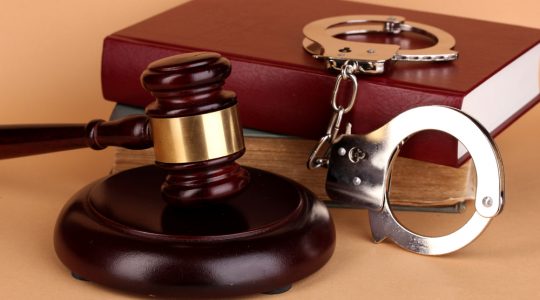When push comes to shove, most criminal cases hinge upon evidence that is gathered by the police at the time the charge is made and/or during the investigation that leads up to the charges (and beyond). This is why motions to suppress evidence remain one of the most powerful weapons criminal defense lawyers have in their arsenal.
The Exclusion of Evidence
In order to have evidence excluded in your case, you must be able to prove that it was seized from you illegally, and the burden of proof is heavy. All such illegally obtained evidence, however, must be excluded by the court, which can seriously weaken the case against you – or can even lead to an outright dismissal of the charges you face. We have constitutional rights that protect us from the unlawful seizure of evidence against us. In Wong Sun v. United States (1936), the U.S. Supreme Court found that all evidence that is obtained in a manner that violates a defendant’s constitutional rights must be excluded – because it amounts to the fruit of a poisonous tree. The kind of evidence that can ultimately be excluded can include all of the following forms (if your constitutional rights are violated in the evidence-gathering process):
Statements
Physical evidence
Identifications
Filing a Motion to Suppress Evidence: The Grounds
Some of the most commonly filed criminal motions are motions to suppress evidence. In order for the motion to prevail – and the evidence to be suppressed – however, it must be predicated on solid grounds.
Failure to Provide a Full Miranda Warning
Before anything you say can be used against you in court and before an officer can question you in relation to charges, he or she must read or recite what is commonly referred to as your Miranda rights. These are intended to inform you that you have the right to remain silent and to retain an attorney (at no cost if you cannot afford one). Any statement made prior to you waiving these rights can lead to suppression of any evidence gleaned from your statements.
Unlawful Search and Seizure
Americans are protected from unlawful search and seizure by the Fourth Amendment. Before a police officer can dive into your belongings in search of evidence against you, he or she needs either probable cause (which amounts to having reasonable grounds for doing what he or she proceeds to do) or a search warrant for doing so. Absent either of these, any evidence obtained against you may be suppressed.







